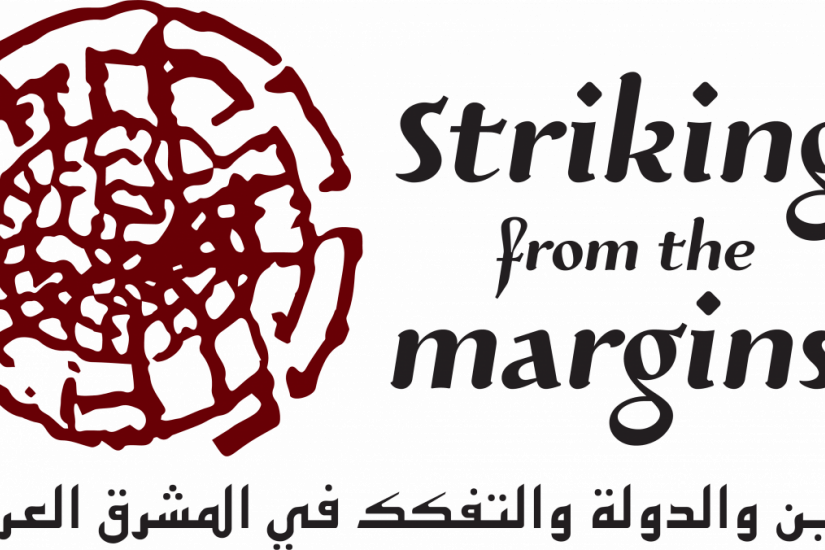
The origin of the Syrian Uprising is indeed an overdue struggle against tyranny, with all its complexities and correlates: economic, political, social. The history of the Syrian regime’s brutality, and, its shift to neoliberal economic development since 1986, polarized Syrian polity beyond repair, and increasingly created profound discontent among most social sectors. Combined with cynical as well as clumsy external support of both the civil and armed opposition, the Syrian uprising was militarized and radicalized, and, with ample support from its organic and strategic allies, the regime was kept afloat. By 2014 the Syrian uprising gave way to a fully-developed proxy war in which any notion of revolutionary victory was now divorced from the original sentiments of the peaceful protesters. The form, content, and relations of rebel groups became a main source of controversy and discursive wars about the nature of the uprising. A crucial conduit for this controversy was the array of external forces that intervened and helped shape the course of the Syrian uprising on all sides.
Dr Bassam Haddad is Director of the Middle East and Islamic Studies Program and Associate Professor at the Schar School of Policy and Government at George Mason University. He is the author of Business Networks in Syria: The Political Economy of Authoritarian Resilience (Stanford University Press, 2011). Dr Haddad serves as Founding Editor of the Arab Studies Journal and the Knowledge Production Project. He is co-producer/director of the award-winning documentary film, About Baghdad, and director of the series Arabs and Terrorism. Bassam is Co-Founder/Editor of Jadaliyya Ezine and Executive Director of the Arab Studies Institute.